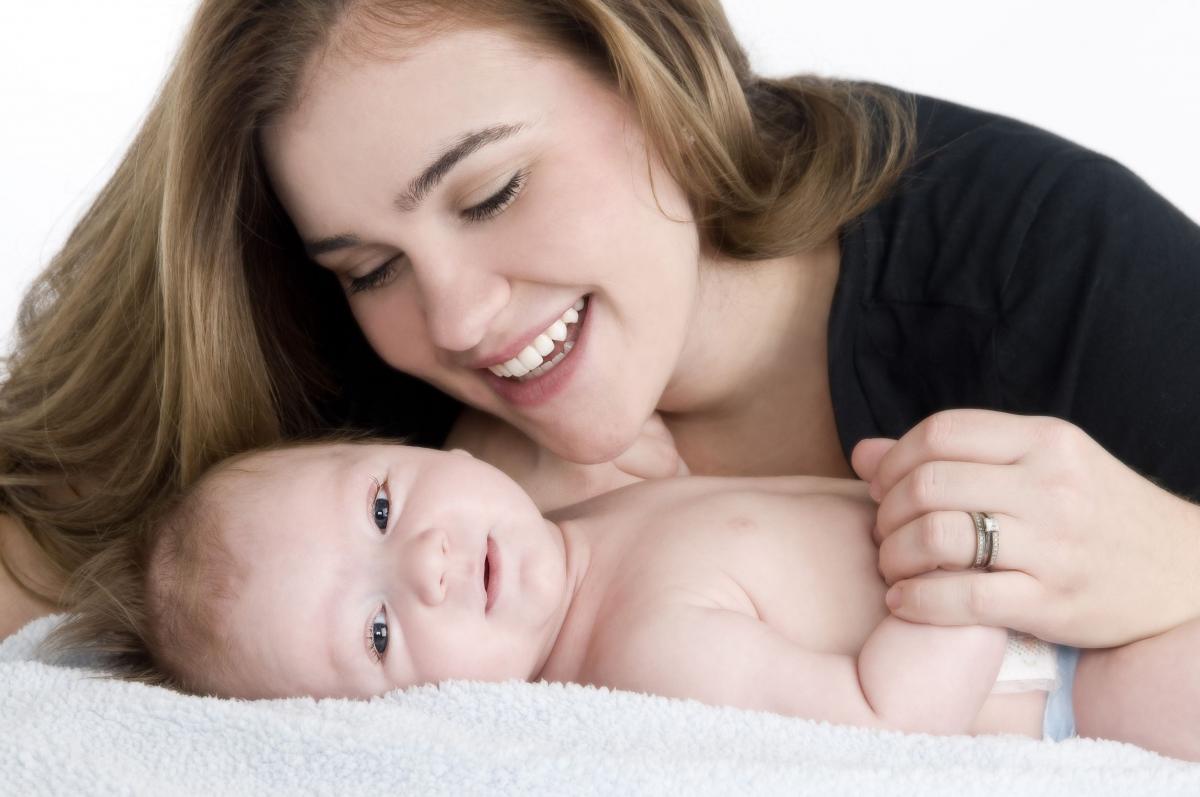A hopeful couple that chooses the route of surrogacy to start a family is already taking a more complicated road. This is usually because of medical considerations, such as a heart condition, or earlier life-saving surgery, such as a hysterectomy that required the removal of the uterus, taking a safe, traditional pregnancy off the table.
Even with surrogacy, however, there is more than one way to go about it. The conventional route is for a hopeful couple to find a surrogate mother candidate and, once an agreement and partnership have been established, use artificial insemination to impregnate her and carry on with the rest of the pregnancy.
But there is another alternative: using an egg that is not the surrogate mother’s but comes from a donation. When and why would this be an option for a hopeful family to consider?
The Genetic Descendant
One of the most common reasons a hopeful couple would choose to use an egg other than a surrogate mother’s is because they want a child that is a “true” genetic descendant from them. In a conventional pregnancy, the baby that is born will have 50% of the genetic makeup of the mother and 50% of the father. With a surrogate mother, while the hopeful father may donate sperm so the child will have some of his DNA, the other half will usually come from the surrogate mother.
In Vitro Fertilization or IVF, however, can take an egg that has been donated and fertilize it in the lab with donated sperm. So despite a baby developing in a surrogate mother’s womb, the IVF technique, in all other ways, can make a child of the hopeful couple an exact genetic ancestor, exactly as if the baby had been naturally born to the couple. Because of this possibility of a direct genetic lineage, IVF has become incredibly popular, with hopeful couples willing to invest in the procedure.
Preferred Ethnicity
In other cases, a hopeful mother may not be able to donate an egg, but there is still a desire to use donated eggs from a source other than the surrogate mother herself. There are circumstances where a desired ethnicity is the reason. For example, if a hopeful family is Asian and would like to raise an Asian child, but the surrogate mother is Caucasian. The only way to provide that hopeful couple with a baby of identical ethnicity is to use a donated egg and sperm from Asian donors.
Family Legacy
Similar to ethnicity, there is sometimes a wish with a hopeful couple to still have some family genetic connection, even if the hopeful mother cannot donate an egg herself. The egg donation may come from another family member, such as a sister. It’s a step removed from a “complete” genetic descendent, but at the same time, it maintains a bloodline for the family if there’s personal importance attached to this lineage.
However, a successful IVF procedure requires a certain amount of expertise, which is not a common medical skill. Most hospitals can’t necessarily be relied on to provide this, but in places such as Georgia, experienced clinics and other medical centers can provide the needed support, including places like:
GGRC Clinic
The GGRC clinic does not do IVF but has specialized surrogacy support, even in the early phases, like helping a couple to find an appropriate surrogate mother candidate. This clinic is recommended for a complete start-to-finish process for straightforward surrogacies.
Zhordania IVF Center
The Zhordania center in the nation’s capital of Tbilisi specializes in In Vitro Fertilization procedures and has extensive lab and personnel expertise. This also means that if a hopeful family has the wish to use donated eggs, the samples may be taken from the hopeful mother herself, or, if they are already in cryogenic storage elsewhere, due to removal and preservation after a hysterectomy, they can be safely transported to the center and prepared for implantation.
Chachava Medical Center
Chachava Medical Center is one of the elder statesmen of the Tbilisi medical community. The medical center has operated continuously for over 100 years, first serving Georgian patients in 1875. Today, however, it now hosts patients from around the world. It offers more than just treating illnesses but support for surrogacy and obstetric and gynecological-related medical needs.
Inova IVF Center
The Inova IVF center is relatively new to the Tibilisi medical community, having only opened its doors in 2015. That newness, however, also means access to only the latest cutting-edge in vitro fertilization and staff. And like other reliable IVF clinics around the world, they can help if there’s a concern about congenital conditions being passed on to babies.
Preimplantation Genetic Diagnosis, or PGD, is a service that “pre-screens” fertilized eggs before implantation. So if there’s a chance a hereditary disease like sickle cell anemia or cystic fibrosis may be passed on to a baby, multiple eggs are fertilized, and only the ones that pass the screening are used for IVF.


